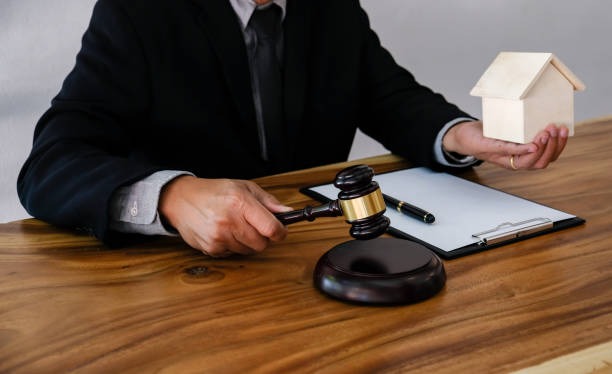Property law is a complex field that encompasses various aspects of owning, using, and transferring land and buildings. Within this domain, disputes are not uncommon, often arising from disagreements on ownership, usage rights, or other interests in property. In these contentious situations, the services of a legal professional, particularly a Caveat Lawyer, become crucial. The term ‘caveat’ might be familiar to those in the real estate realm or to anyone who has entered into a legal dispute over property, but its implications and the role of a lawyer specialising in caveats are less understood by the general public.
Understanding the Concept of a Caveat
A caveat is essentially a formal notice that someone claims a particular interest in a property. It is lodged with the relevant government or land registry department as a way of protecting that interest and preventing any unauthorised dealings with the property while a dispute is resolved. The filer of a caveat, known as the ‘caveator’, asserts that no transactions should occur without their knowledge and consent, underlining the principle that a caveat acts as a warning or formal caution to others.
The Importance of a Caveat Lawyer
Whereas property disputes are intricate by nature, navigating the legal process to lodge a caveat warrants specialised legal knowledge and experience. A Caveat Lawyer is trained to understand the intricacies of property rights, title interests, and the legal implications of lodging a caveat. They play a pivotal role as they provide expert advice on whether grounds for a caveat exist and ensure that the correct legal processes are followed. Engaging a Caveat Lawyer is an essential step towards protecting one’s property interests effectively and lawfully.
The Process of Lodging a Caveat
The exact process for lodging a caveat can vary by jurisdiction, but it generally requires the caveator to complete and submit the appropriate forms, often accompanied by a fee. The Caveat Lawyer will ensure that the data entered is accurate and that the claim complies with legal requirements. A mistake in this process can result in the caveat being rejected, or worse, result in legal penalties for lodging a false claim.
Challenging and Removing a Caveat
There are instances when a caveat may be challenged by the property owner or another party with an interest in the property. This could be because the caveator does not have a valid interest, or the caveat was lodged in error or with malicious intent. In such cases, a Caveat Lawyer is instrumental in either defending the interests of the caveator or helping the aggrieved party to remove the caveat. This process often involves court proceedings, and a Caveat Lawyer’s expertise can be invaluable in presenting a convincing case.
Time-Sensitive Nature of Caveats
Caveats are not permanent. They usually expire after a fixed period unless extended by a court order or other statutory provision. It is thus crucial for both the caveator and the property owner to act promptly. If you are the party that has lodged the caveat, you need to be ready to take the appropriate legal action before the caveat lapses. On the flip side, if you’re defending against a caveat, you must address it expeditiously to avoid complications in your property dealings.
Advising and Negotiating settlements
Many property disputes can be resolved through negotiation and settlement, avoiding the need for costly and protracted legal battles. A Caveat Lawyer does not only act in a legal capacity but also assists in mediating disputes, often finding solutions that are favorable to both parties. This can involve a renegotiation of terms or financial settlements that reflect the caveator’s interest in the property.
Comprehensive Legal Support
From the onset of property disputes to the resolution, whether through legal proceedings or settlement agreements, a Caveat Lawyer offers relentless support. They provide not just legal advice and representation but also give their clients peace of mind that their case is being handled with due dexterity and care.
Conclusion
Property disputes, though often complex and stressful, can be navigated successfully with the right legal expertise. The role of a Caveat Lawyer is to provide that expertise, guiding clients through the process of protecting their property interests, whether they are lodging or challenging a caveat. These legal professionals play a decisive role in resolving property disputes, ensuring that the rights of all parties are acknowledged and upheld. For anyone facing such circumstances, the counsel and representation of a Caveat Lawyer can be the most critical factor in achieving a favorable outcome.
Property owners, investors, and anyone with an interest in real estate must be aware of the legal mechanisms available to them. A caveat is a powerful tool for protecting property interests, but it must be used responsibly and legally. The support of a skilled Caveat Lawyer from the outset can prevent unnecessary complications and help secure one’s property rights – navigating the tides of property law with confidence and expertise.
Ultimately, whether embarking on real estate transactions or embroiled in a property dispute, it is important to understand the role of a Caveat Lawyer. Awareness and prudence are key to ensuring that you are well-equipped to handle any situation that may arise.



